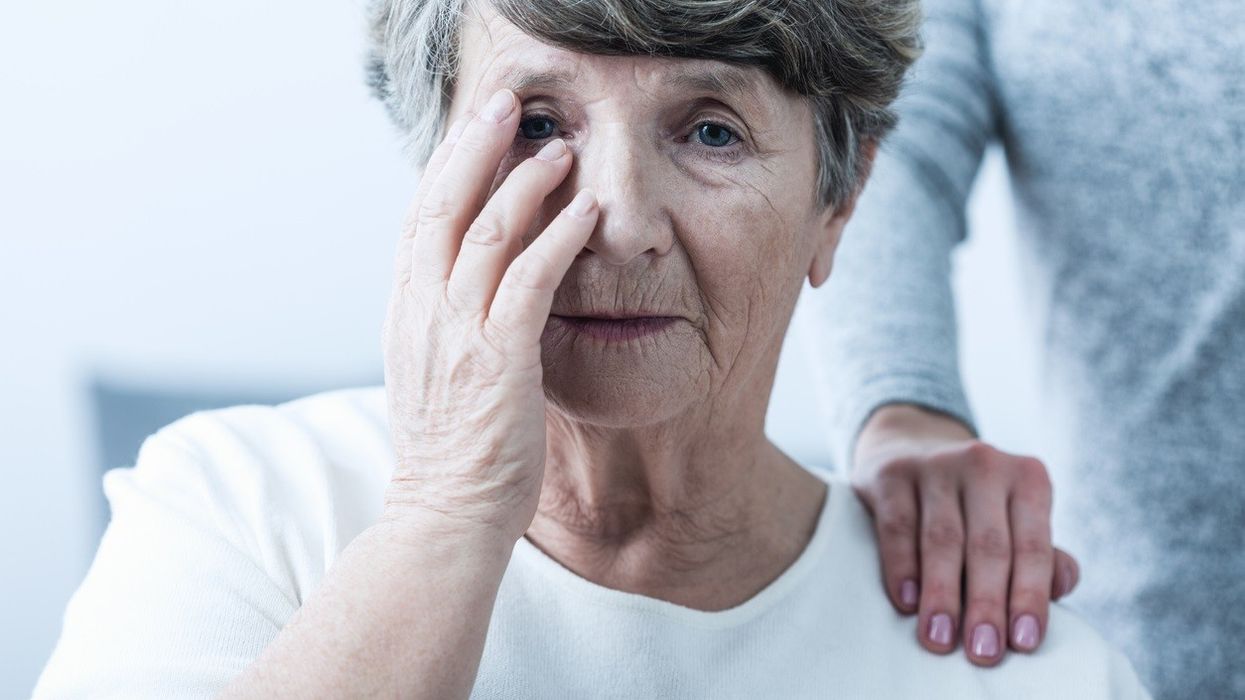Researchers have discovered that adults diagnosed with attention-deficit/hyperactivity disorder (ADHD) are nearly three times more likely to develop dementia compared to individuals without the mental disorder.
Researchers from Israel, Sweden, and the US have indicated that adults with ADHD experience a neurological process that hampers their ability to compensate for the effects of cognitive decline in later life. They arrived at this conclusion after studying a cohort of over 100,000 participants for a period spanning 17 years.
Further, less cognitive and brain reserve may result in neurological processes of ADHD that, in turn, reduce compensatory abilities, they said in their study published in the Journal of the American Medical Association (JAMA) Network Open.
ADHD is a neurodevelopmental disorder characterised by inability to pay attention for longer periods, hyperactivity, and impulsive behaviour. Previous studies have reported evidence of adult-onset ADHD, saying that 5 per cent of children with ADHD meet ADHD criteria in adulthood and constitute 3 per cent of adult ADHD cases.
Studies also show that child and adult ADHD present different social, psychological, and genetic profiles. Despite being distinct from childhood ADHD, little is known about adult ADHD, the researchers said.
"By determining if adults with ADHD are at higher risk for dementia and if medications and/or lifestyle changes can affect risks, the outcomes of this research can be used to better inform caregivers and clinicians," said study author Michal Schnaider Beeri from the Brain Health Institute (BHI) of Rutgers University, US.
In this study, they used data from a national cohort study consisting of 1,09,218 members of an Israeli nonprofit health maintenance organisation born between 1933 and 1952 (aged 51-70 years).
They entered the cohort on January 1, 2003, without an ADHD or dementia diagnosis and were followed up to February 28, 2020. Of the group, 51.7 per cent were female and 48.3 per cent were male.
During the follow-up, the researchers found that 730 participants, or 0.7 per cent, received a diagnosis of adult ADHD, and 7,726, or 7.1 per cent, received a diagnosis of dementia.
Of the 7,726 dementia cases, 96 were among the 730 adults with ADHD and the remaining 7,630 in the 1,08,488 adults not diagnosed to have ADHD.
The researchers found these results to show that an adult ADHD diagnosis was associated with a 2.77-fold increased risk of incident dementia.
Further, 163 of the 730 adult ADHD cases received psychostimulant treatment and were seen to exhibit no clear increase in the risk of dementia associated with adult ADHD.
The results suggested that adult ADHD treatment incorporating psychostimulants may help reduce the risk of dementia as psychostimulants are known to modify the trajectory of cognitive impairment, the researchers said, adding that more research is needed to assess the impact of medications in patients with ADHD and how they could affect risk.
Physicians, clinicians, and caregivers who work with older adults should monitor ADHD symptoms and associated medications, the researchers said. They also added that symptoms of attention deficit and hyperactivity in old age shouldn't be ignored and should be discussed with physicians.
(PTI)




